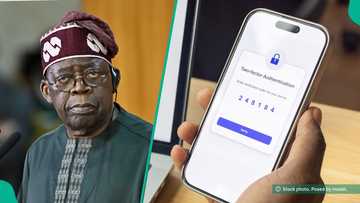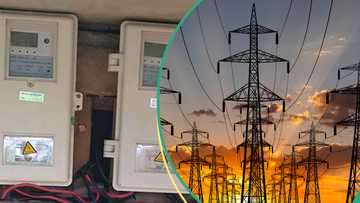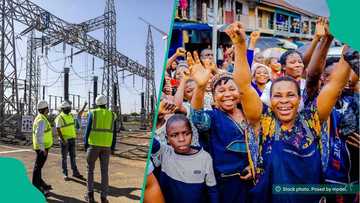NCC Signs Deal to Secure 5G Network Security, Reliability
- The Nigerian Communications Commission (NCC) signed a deal with Sweden’s Swedfund to strengthen the use of 5G in Nigeria
- The partnership would help create a risk-based framework for the secure deployment and operation of 5G and future networks in Nigeria.
- The NCC believed the initiative would boost confidence in the digital economy and support key sectors like power, healthcare, transport, and education
Legit.ng journalist Dave Ibemere has over a decade of experience in business journalism, with in-depth knowledge of the Nigerian economy, stocks, and general market trends.
The Nigerian Communications Commission has announced a partnership with Sweden’s Swedfund to strengthen 5G infrastructure, enhance cybersecurity, and build public trust in Nigeria’s digital economy.
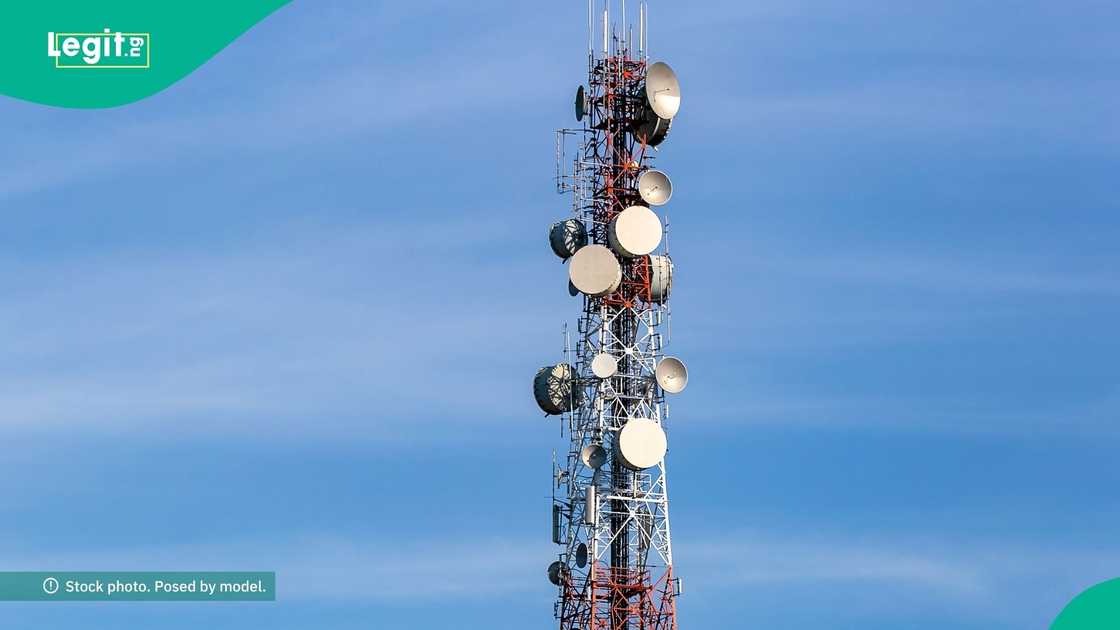
Source: Getty Images
The deal was disclosed in a post on X (formerly Twitter) on Wednesday, October 29.
According to NCC, the collaboration would improve Nigeria’s 5G infrastructure, ensuring faster speeds, lower latency, and greater capacity for millions of connected devices, while enhancing public trust in the network.
The regulator said.
“Fifth-Generation (5G) mobile technology brings faster speeds, lower delays, and supports millions of connected devices. However, it also introduces new security risks due to its complex infrastructure and multiple network vendors.
“Through this partnership, the NCC aims to develop a risk-based framework to ensure that 5G and future network systems are designed, deployed, and operated securely."
The commission stressed that security and trust remain central to Nigeria’s digital transformation agenda.
It said 5G technology would play a key role in powering critical sectors such as power, healthcare, transportation, and education, while helping to protect national interests and promote a resilient digital economy.
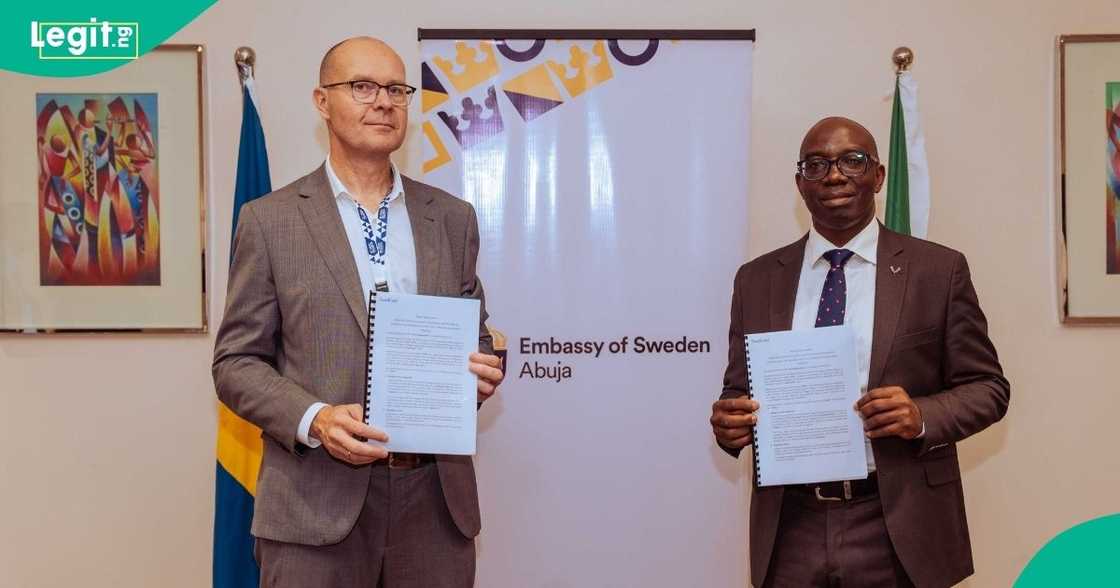
Source: Twitter
5G network in Nigeria
MTN became the first operator to roll out 5G commercially in Nigeria in September 2022, launching in Lagos and several other cities.
Mafab Communications followed in January 2023, and Airtel introduced its 5G network in June 2023. Despite this progress, most mobile users in Nigeria still rely on 4G networks.
The three telco companies paid $273.6 million to acquire the licenses from the federal government.
Despite the promises a recent survey conducted by Ookla and the NCC revealed that the ownership of 5G phones in Nigeria is greatly outpacing coverage, leaving many users unconnected to 5G.
The report titled Nigeria Network Performance & 5G Opportunity Analysis, released late last week, found that 70.9% of 5G-capable devices in Lagos are unable to connect to any 5G network, while the same goes for 65.6% of 5G devices in Abuja.
According to the NCC, the results highlight the significant disparities in network experience across the country, even in urban areas.
It noted that the gap is even more pronounced between urban areas where 5G is being deployed and rural areas that remain limited to 2G and 3G networks.
The NCC report said.
“This imbalance continues to limit digital inclusion and economic opportunity outside the major cities."
5G adoption will boost connectivity in telecoms
Earlier, Legit.ng reported that the founder of Talentcroft and Senior Partner at Rane Interaktiv Medien Limited, Harold Olamilokun, said the recent surge in 5G subscriptions will lead to a pivotal transformation and advancement in connectivity in the telecommunications industry in Nigeria.
In an interview, Olamilokun said that the dynamic landscape of Nigeria's telecommunications sector and the recent surge in 5G subscriptions mark a pivotal juncture, underscoring the transformative potential of advanced connectivity.
Proofreading by Kola Muhammed, copy editor at Legit.ng.
Source: Legit.ng

